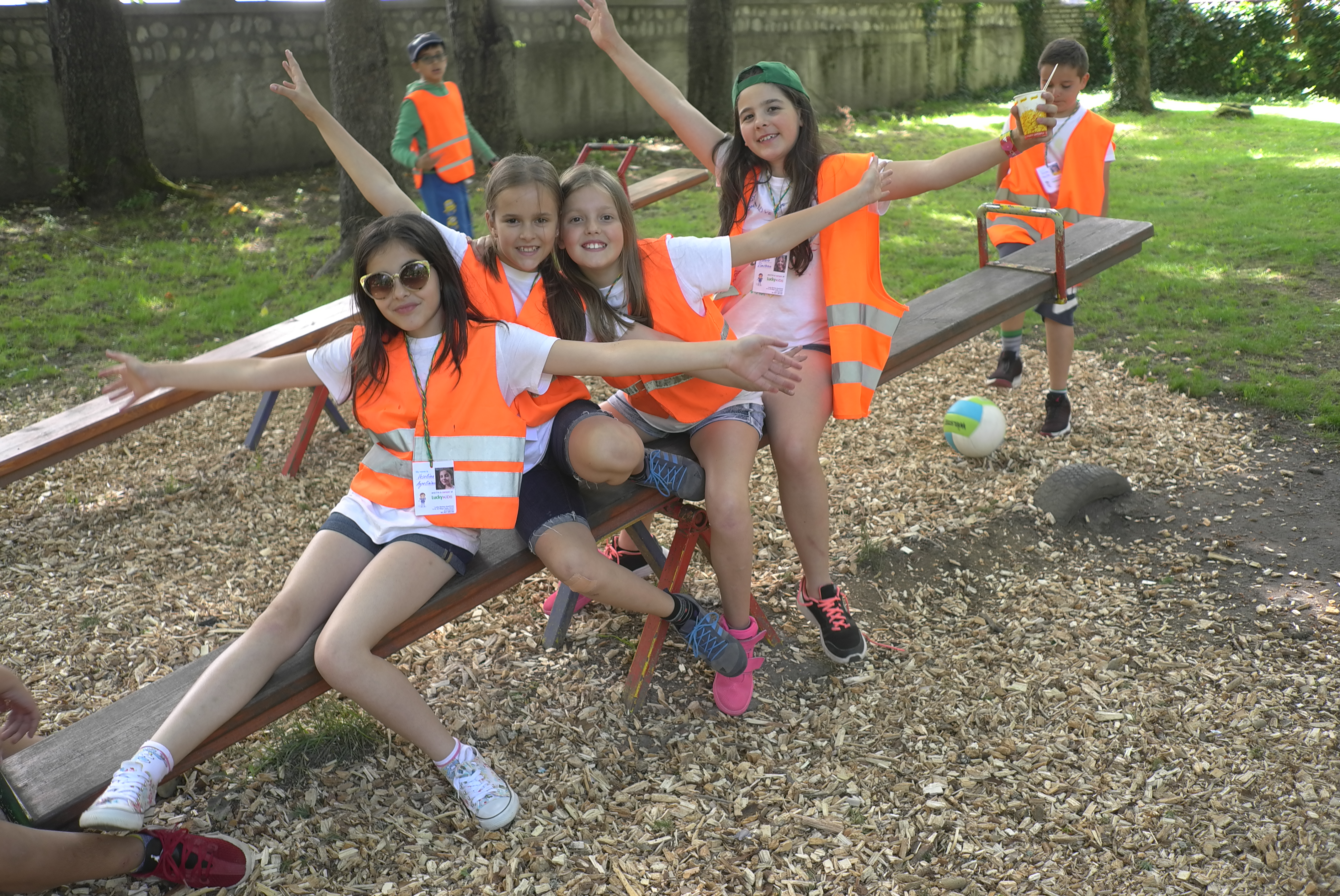Nowadays, English has become one of the most widely used channels for international communication, and the question of whether a child should have a language at all should not exist at all. Every parent who wants to provide his / her child with a good springboard for better education, better work, successful development and realization in the future has already decided to do everything possible to help him / her with the attainment of at least one more or two Foreign languages (one of which is mandatory English).
English language teaching for the child is clear but when and where to start?
The answers to these questions are not unambiguous and they create quite a lot of problems and anguish for the parents. What the unanimous experts are, one is: The earlier the child becomes acquainted with the foreign language, the better.
This answer is unlikely to fit you completely, so …
The truth is that nobody will tell you a specific age in which to start the foreign language training of your child. One of the experts is of the opinion that training can start from the earliest (baby) age, while others believe that the best time to learn is after the child turns 3 or 4 years old.
We will not take anybody’s side, but we will introduce you to the pros and cons of the different opinions of the specialists.
English language lessons up to 1 year old
If you choose to start teaching your child at this very fragile age, you cannot keep it safe on private lessons or a childrens’ language camp, and you will have to teach it at home. There are two options for training children up to 1 year: either to hire a nanny in English (which is costly) or to become a teacher on your own.
Do not have very good English knowledge and are you afraid of being mistaken?
Relax! You can start by conducting the training in the form of games by reading books in English or playing different language songs.
The benefits of home schooling for children up to a year are:
* During this period the child is very sensitive to the perception of any information;
* Will teach both mother tongue and foreign language in parallel;
The Cons:
* According to a number of psychologists, children of such a fragile age are not mentally ready to learn a foreign language.
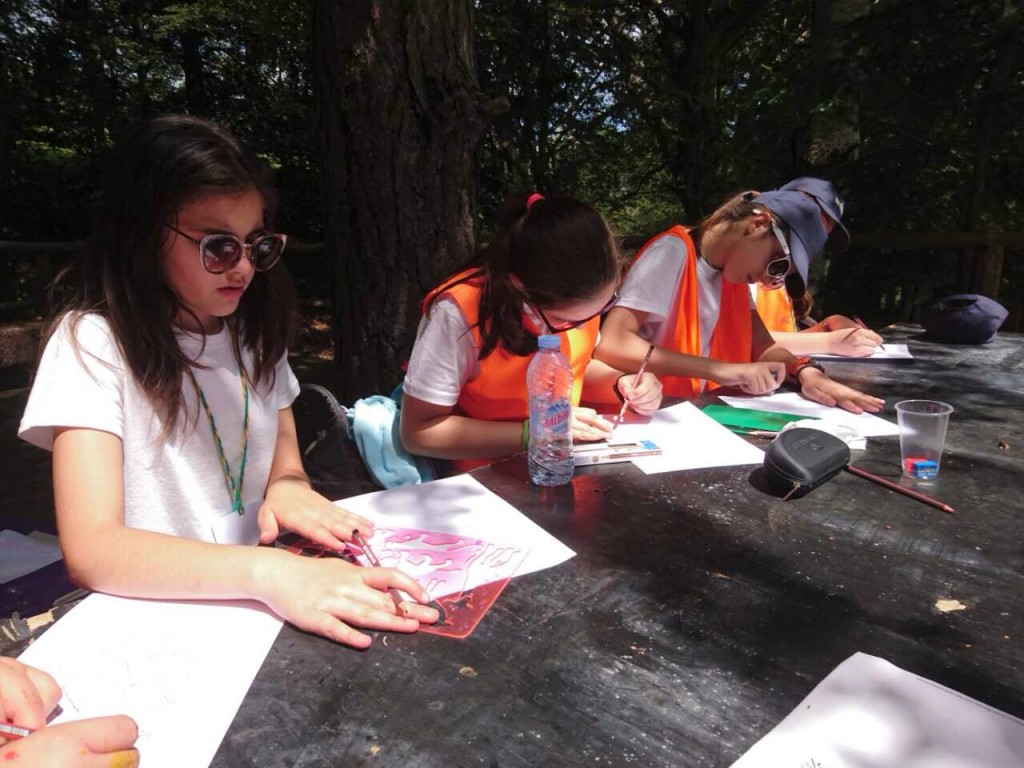
From 1 to 2 years
In recent years, babysitters have been introduced to offer children up to 2 years of education in English, but such establishments are still small in the country and you will find it difficult to enroll your child there. That’s why home-based learning is again in your hands.
During this period, children are beginning to understand that words do not simply name the subject, but if they pronounce the word, it will prompt the adult to act. At this age, the child is already trying to communicate and try to link the words into sentences.
Pros:
* Before the age of 3, children do not distinguish between languages and learn faster words and expressions in the foreign language;
* At that age and a little over her (about 3-4 years) they “take up” actively what they say and learn to think faster and more creatively.
Cons:
* Still can not construct and produce longer sentences or text.
From 3 to 5 years
Most experts say that it is the child’s optimum age to get acquainted with the English language. At that age, it already has a well-developed fine motorcycle, can focus and remember much faster and actively participate in various role-playing games that support foreign language learning.
At this age, the child can safely be enrolled in a language center or a children’s language camp.
Pros:
* Children have well-developed communication skills;
* Begin to develop my self;
* They form a self-esteem that motivates them to have the desire to be praised for their diligence;
* Play roleplaying games actively with their buddies and memorize the language faster and easier in the game.
* Compare with the rest of the children in their group or the summer language camp and make efforts not to lag behind.
Cons:
* If the child is more shy, it may be harder for him / her to enroll in the language group or camp.
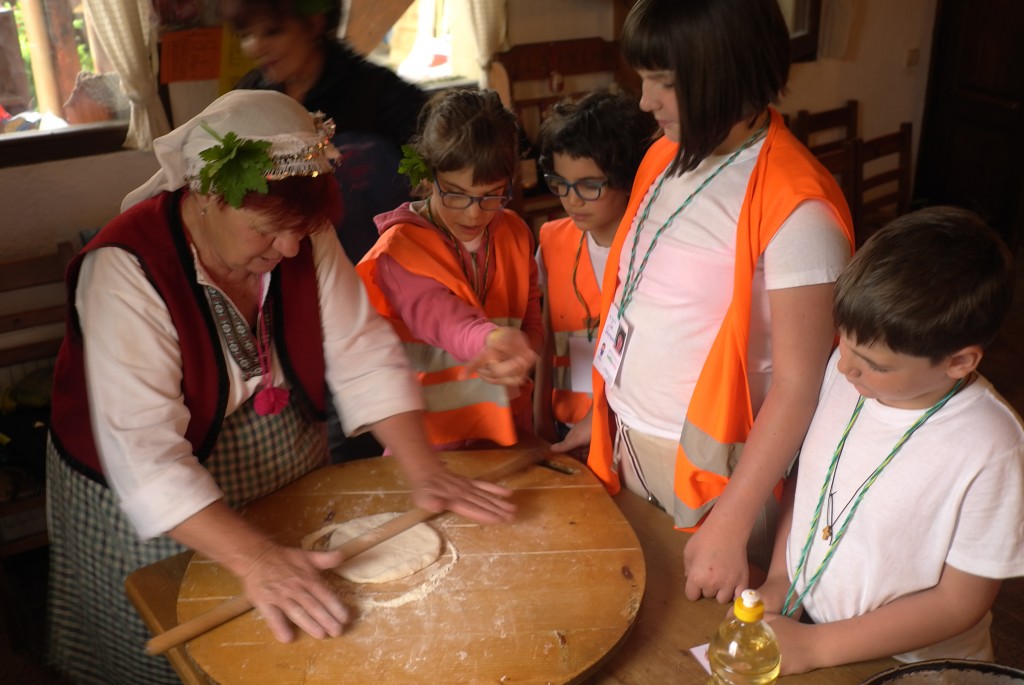
From 5 to 7 years
At this age, children have a very rich vocabulary, communicate freely with their peers, and learn new words and expressions from the foreign language very quickly, easily and without extra burden. It is also the best age for the child to start studying English in a language group or a children’s language camp.
Pros:
* Small group training is very useful for children and they gain confidence and self-esteem, learning language in the form of different games with their peers.
* If you do not feel confident in your English knowledge, you can safely trust teachers in schools or summer camps because your child is already self sufficient to leave it under the professional care of English teachers.
How can you participate in the education of your children, no matter what age they are?
There are parents who are not confident that they can help their children learn foreign language, and that’s what makes them very uncomfortable … and they do not have to.
You do not have to master the language perfectly to help your child, believe it.
Do you want to participate in the process of learning the language from your child, you can always do it!
How to help?
No one wants you to master English to perfection (so there are teachers teaching you to send your child). But after the lesson or the children’s language camp you can use a few crèches to help master the language at home.
Home tips and tricks for parents
Listen together
The child is most easily remembered if he first hears the speech. So when you are at home, play his children’s songs in English and sing together. The child will crawl behind you and start to memorize the new, strange words. While listening to the songs, you can dance and have fun. So, on the one hand, you will help the little boy with the English and you will have the time he needs to be with you.
Reading
Buy a few books and read him in the evening before falling asleep. Children have a great memory and you can be surprised that after reading the book, your child knows it by heart.
Speak
You know that practicing the language is very important, so you should not think that when your child is regularly attending a language school, you do not need to be interested in how his training is going. So show him your interest and speak English at home. (Even if you are not good enough yourself, the child will still be able to see that Mom or Dad is interested in what new words and expressions he has learned).
Internet – a curse and a gift
We live in times of technology, so no matter how much we say that it is not very useful for children to stay in front of the monitor, they are doing well with the computer, tablet, phone or TV from earliest childhood. In the case of English learning, modern technology can be of great assistance to you.
We are not telling the child to watch movies and movies all day in front of the computer, but you can allow it for an hour or two in front of the monitor. Children (and many adults) learn to understand the language of children’s movies, interactive games, and the funny videos they watch on the Internet.
“Work” together
While cooking or ordering a dinner table, ask the child to help you and bring your products or utensils. Name the products / objects in English, give him simple questions about the product that brings you … turn the preparation of the dinner into a fun game.
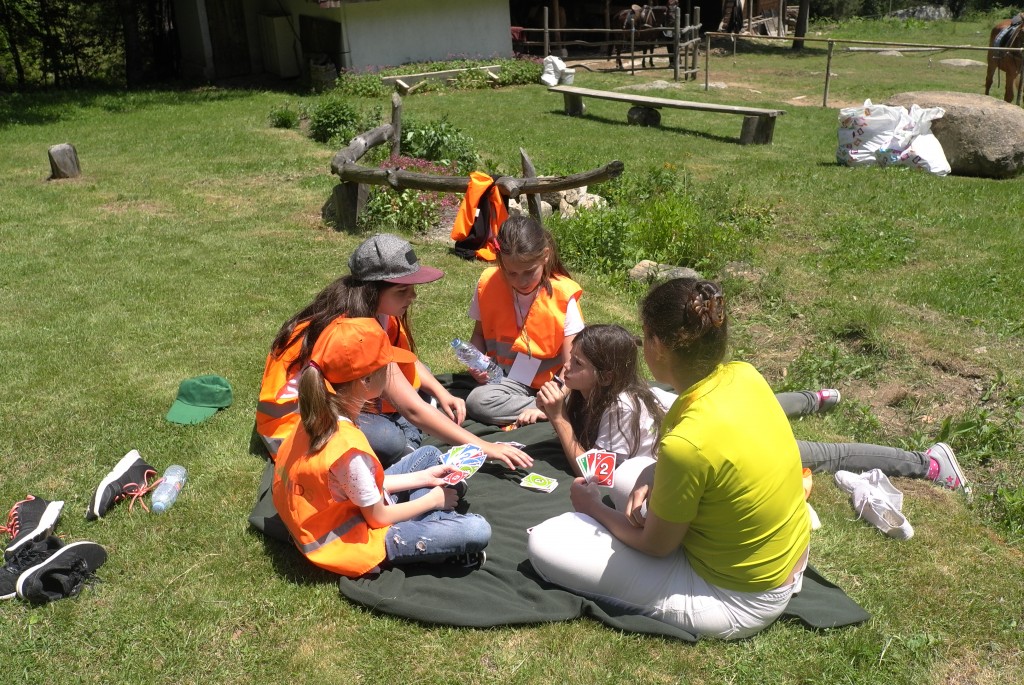
How not to interrupt your English language training in the summer?
Summer vacation is the time when many parents are asking themselves how to provide enough good and complete rest for their children on the one hand, and on the other hand, not to interrupt English.
If you are at a crossroads and ask yourself this question, we will tell you that you have two options for your summer vacation. In one version, your child may continue to attend private lessons in English (individually or in a summer group), but will remain in the city and will hardly live the great holiday they have hoped for.
The other option is to consider putting it in a children’s language camp. Over the last few years, summer camps with English learning have become very popular, and this is no accident at all.
The reasons for the popularity of the summer language camps are several:
* Going to the camp, the children meet many new friends, ties together, explore the world and build their character.
* English language training takes the form of games, and language teacher trainers have extensive experience in teaching children.
* As they learn language, children have fun, ride horses, play outdoor and outdoor games, and come home not only with a lot of new knowledge of English but also more independent, creative and open to the world.
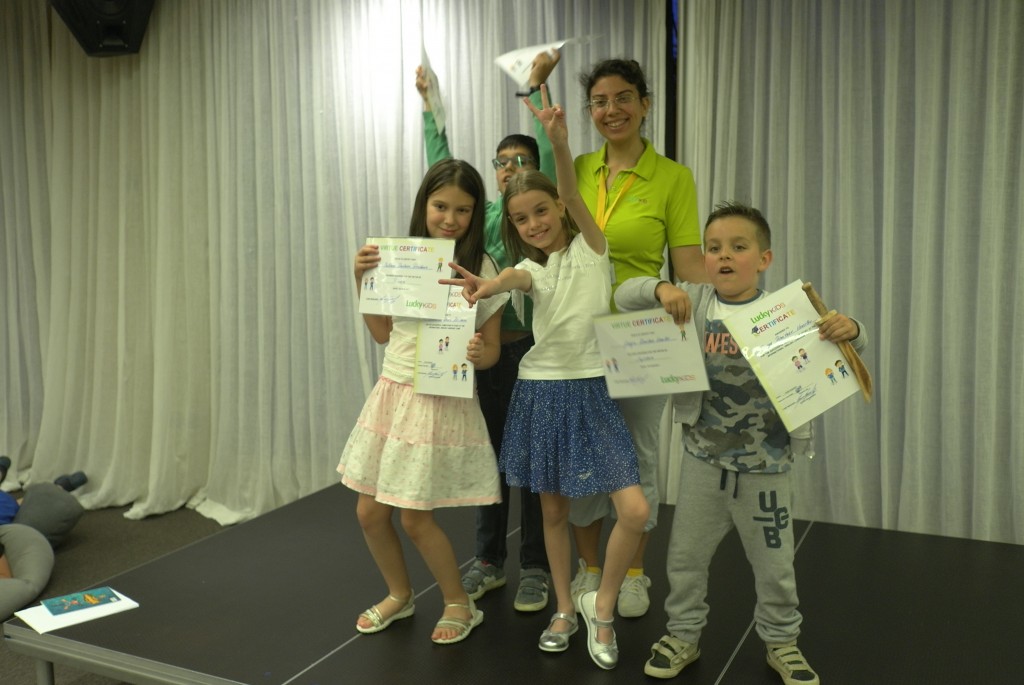
Children, parents and English
At what age you will start your child’s education is a matter of your choice. The more important thing is to do everything in your power to make your child master the language well in order to have a better chance of realization in the future.
